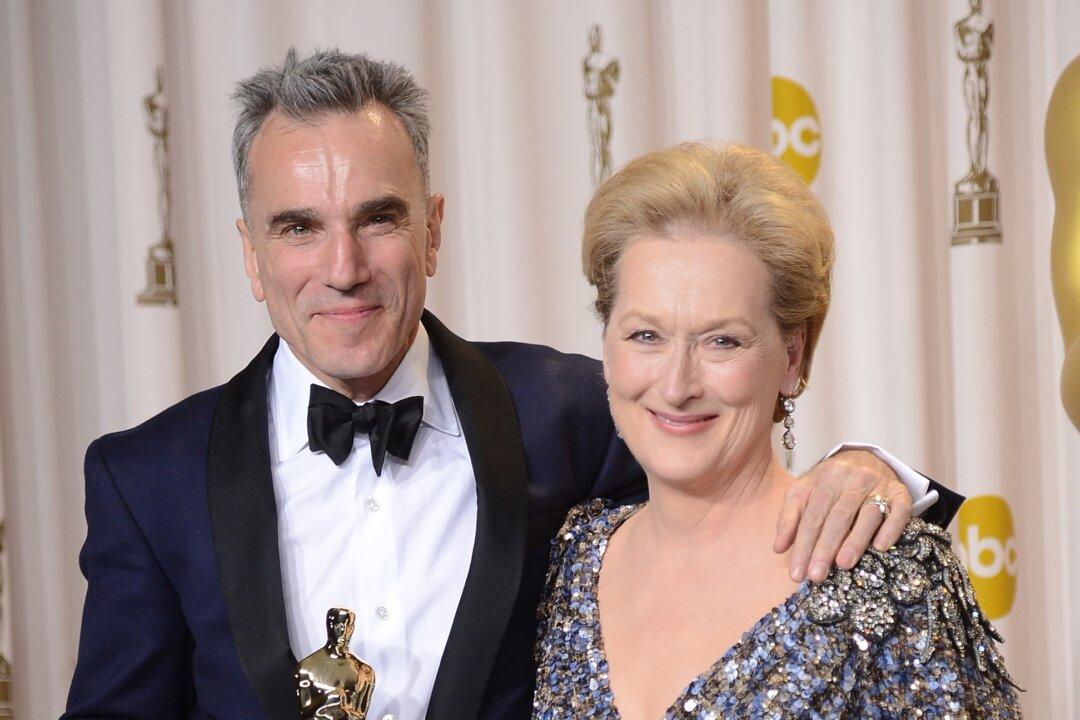The art of acting, and especially shape-shifting, or character acting, is largely misunderstood and underappreciated by nonactors. Which is no surprise; theater is the most misunderstood of all the arts. The seven classical arts are architecture, sculpture, painting, music, dance, theater, and poetry.
We know immediately that a musical instrument is hard to master, because it’s external to us. When we watch Itzhak Perlman play violin or Jimi Hendrix play electric guitar, we say, “Wow, that’s looks hard. I could never do that.” We see world-class ballet and say, “That’s obviously extremely difficult. No way.” Same thing for Michelangelo’s most well-known sculpture, “David” (also his architectural masterpiece the Piazza del Campidoglio), Leonardo da Vinci’s painting “Mona Lisa,” Handel’s “Messiah,” and Shakespeare’s “Hamlet.” Those are all hard to create.






